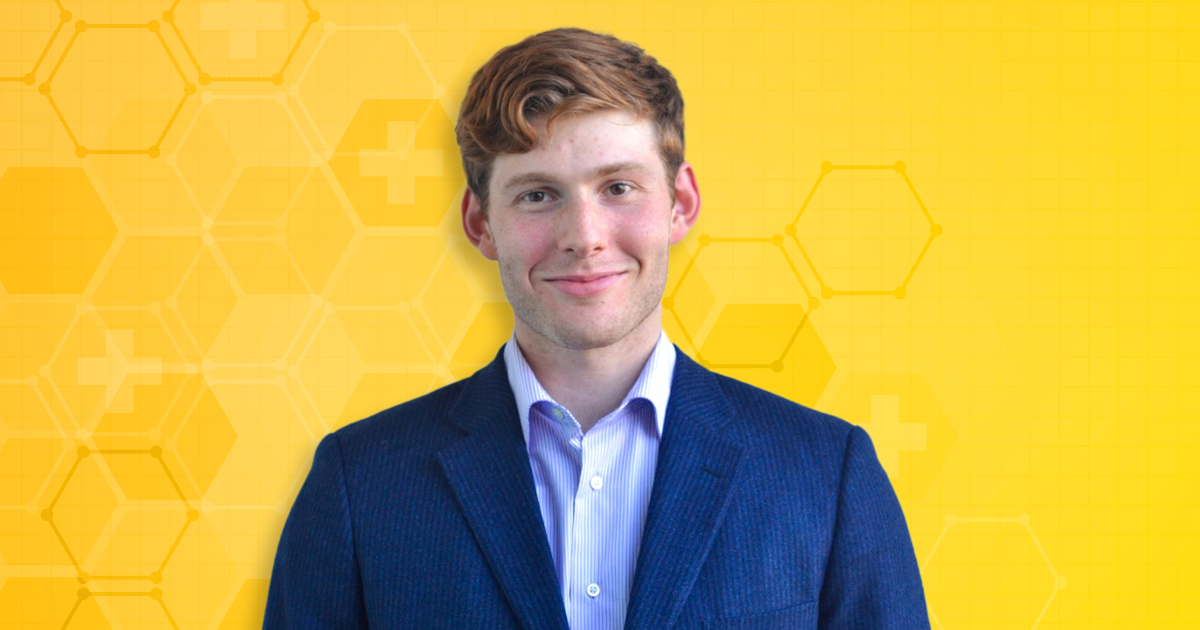Sapirstein Wins Watson Fellowship
April 21, 2021
One of this year’s prestigious Thomas J. Watson Fellowships has been awarded to Harvey Mudd College senior Abel Sapirstein. The mathematical and computational biology major will study alternate perspectives in healthcare equity while traveling to Bhutan, Chile and Japan.
The 2021 class of Watson Fellows represents eight countries and 22 U.S. states. From the 153 finalists nominated to compete on the national level, 42 Fellows were selected from 41 institutions. Fellows receive a $36,000 stipend for 12 months of travel and college loan assistance as needed. They will travel to 77 countries exploring topics ranging from marginalized languages to community healthcare, from food sovereignty to Black women’s liberation through art, from computer science education to underground music production.
“I will be shadowing community physicians and interviewing community members to gain insight into how different nations have generated novel solutions to healthcare inequity,” says Sapirstein, whose winning project is titled, “Past, Present and Future Alternatives in Health Equity,” He has strategically selected locations where he can observe healthcare systems, culture and politics to gain insight that may lead to solutions related to healthcare equity.
Sapirstein will visit Chile to study the impact its history of centralized and decentralized healthcare has had on the country. While he considers Chile’s current healthcare system to be fairly equitable, Sapirstein is interested in interacting with people who have lived through the shifts in healthcare structure and gaining insight about the positives and negatives of this system.
He also intends to study in Bhutan, which has integrated traditional medicine and Western medicine into its healthcare system. Sapirstein says this practice seems to have yielded good mental healthcare and patient satisfaction.
He selected Japan due to its changing demographics and what other countries may learn from its people. He says, “Japan suffers from the problems that the rest of the world will soon suffer from—a health infrastructure that was designed for a population much bigger than the current population.”
Growing up in Baltimore, Maryland, Sapirstein witnessed inequality and systemic racism and how this plays a role in life expectancy, job opportunities and health in the U.S. It inspired him to study inequity in healthcare on a global scale.
“I believe access to healthcare is a prerequisite for a just society,” Sapirstein says. “I wonder how we can say that we live in a society predicated upon equality if I can expect to have a life that is 20% longer than my neighbor simply because of my ability to access healthcare.”
He says data-driven policy and resource allocation could unlock solutions to healthcare inequity, especially in countries where fewer financial resources are available. Sapirstein notes that major corporations, when financially driven, can deliver rapid solutions to consumers, though this tactic is not as common in the healthcare industry.
Sapirstein believes math could be a critical in finding a solution to healthcare equity. He plans to defer his Watson Fellowship for one year to enter a PhD program at Georgia Tech, where he will continue his studies in operations research.
HMC’s 2020 recipient of the Watson Fellowship, Victoria Marino ’20, who had to postpone her travels due to the COVID-19 pandemic, will also begin her fellowship in 2022. She’s pursuing an M.D./PhD at University of Illinois at Chicago College of Medicine, but will take a yearlong break to immerse herself in gyms around the world for her project “Beyond the Playground: International Workouts.”
